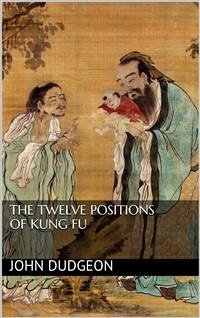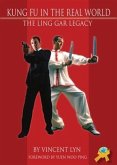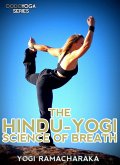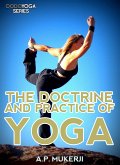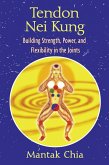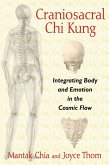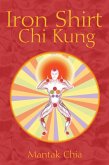The term Kung-fu means work-man, the man who works with art, to exercise one's self bodily, the art of the exercise of the body applied in the prevention or treatment of disease, the singular postures in which certain Tauists hold themselves. The expression Kung-fu is also used, meaning work done. The term Kung-fu, labour or work, is identical in character and meaning with the word Congou, applied in the South to a certain kind of tea. In China it is applied medically to the same subjects as are expressed by the German Heil Gymnastik, or Curative Gymnastics, and the French Kinesiologie, or Science of Movement. Among the movements which are embraced within the domain of this method are massage, friction, pressure, percussion, vibration, and many other passive movements, of which the application made with intelligence produces essential hygienic and curative results. These different movements have been in use in China since the most ancient times They are employed to dissipate the rigidity of the muscles occasioned by fatigue, spasmodic contraction, rheumatic pains, the effects of dislocations and fractures, and in many cases of sanguiferous plethora in place of bleeding.
Bitte wählen Sie Ihr Anliegen aus.
Rechnungen
Retourenschein anfordern
Bestellstatus
Storno

